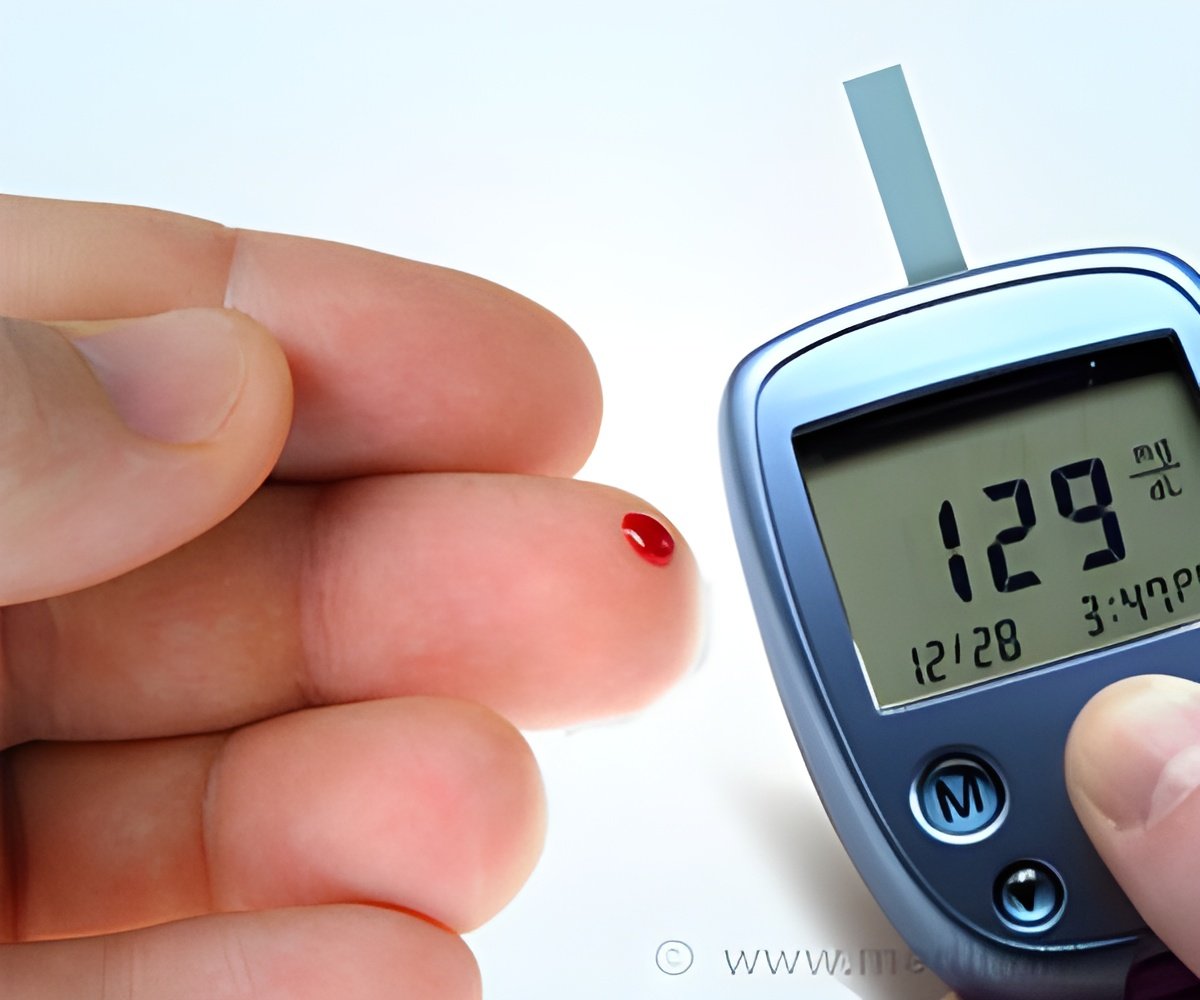Food insecurity may increase inflammation in the body, which can cause diet-related obesity. Also, food insecurity is stressful and can lead to mental distress, which triggers the release of cortisol and other stress hormones, and can lead to the development of type 2 diabetes.

TOP INSIGHT
Food insecurity may increase inflammation in the body, which can cause diet-related obesity. Also, food insecurity can lead to mental distress, which triggers the release of cortisol and other stress hormones, and can lead to the development of type 2 diabetes.
Published in the issue of Journal of Nutrition, the study points to the more than 40 million Americans, including 6.5 million children, who live in food-insecure households where access to nutritionally adequate and safe food is limited or uncertain.
In the United States, the rate of food-insecure households is higher for Latinos, who are also disproportionately affected by metabolic disorders such as type 2 diabetes. In fact, rates of type 2 diabetes are 12.1% among Hispanics compared with 7.4% for non-Hispanic whites.
Food insecurity may increase inflammation in the body. These can be caused by diet-related obesity and excess abdominal fat. Also, food insecurity is stressful. It is often accompanied by mental distress, which triggers the release of cortisol and other stress hormones. These hormones may lead to the progression of insulin resistance.
"Our findings support the plausibility of links between food insecurity and poor health," says Dr. Angela Bermúdez-Millán, assistant professor in the Department of Community Medicine and Health Care at UConn School of Medicine. "Resources should be redirected toward ending or decreasing food insecurity, a powerful social determinant of health."
They found that, compared with food secure individuals, food insecure individuals had significantly higher insulin resistance, insulin, glucose, stress hormones, inflammation, and total cholesterol. Food insecure individuals had higher insulin resistance than those who were food secure. Inflammation and stress hormones were the mechanisms through which food insecurity and insulin resistance were linked.
Bermúdez-Millán is also calling on legislators to create policies to decrease food insecurity. She recommends modifying disbursement of SNAP benefits to possibly yield downstream benefits for diabetes control, and increasing access to minimally processed foods and more fruits, vegetables, and whole grains in local stores or community or home gardening venues. The researchers note that a limitation of their study was that it was cross sectional, meaning participants were studied at one point in time. It is possible that those people with worse insulin resistance develop more inflammation and stress hormones, which make them sick or disabled, which in turn can deplete financial resources and lead to food insecurity.
Source-Eurekalert
 MEDINDIA
MEDINDIA




 Email
Email










